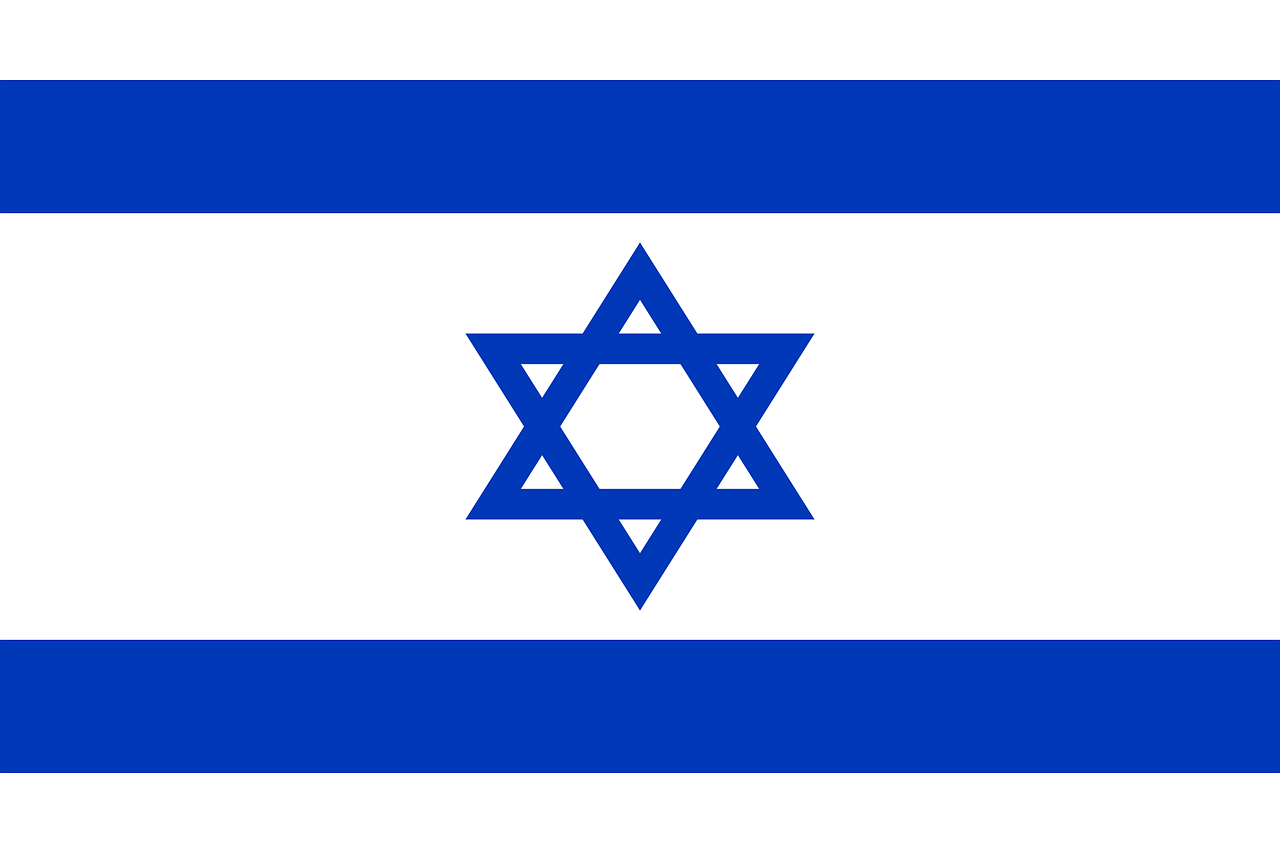
403
Sorry!!
Error! We're sorry, but the page you were looking for doesn't exist.
Israeli MPs present death punishment bill for terrorists
(MENAFN) Israel's far-right Otzma Yehudit (Jewish Power) party has recently submitted a bill to the Knesset, advocating for the reinstatement of the death penalty for terrorists. The bill, which is set to be debated this week, has sparked intense discussions both within and outside Israel.
Otzma Yehudit's leader and Israeli National Security Minister, Itamar Ben Gvir, expressed his expectation for widespread support within the Knesset for what he deems an "important law."
The proposed legislation comes as a departure from Israel's historical stance, having abolished the death penalty for murder in 1952. The last execution occurred in 1962 when Adolf Eichmann, a key figure in the Holocaust, was hanged for war crimes and crimes against humanity.
The current bill, introduced in early March, specifically targets individuals convicted of committing hate-motivated murders against Israeli citizens, allowing judges to issue death penalty verdicts. In its preliminary reading, the bill gained approval from Members of Parliament, signaling a potential shift in Israel's legislative approach to terrorism-related crimes.
Itamar Ben Gvir, known for his outspoken and often controversial remarks about Palestinians, has faced criticism in the past. Notably, he received condemnation from the United States and the European Union in August for suggesting that the right of Israelis to freely travel across the West Bank outweighed the same right for Palestinian Arabs.
The timing of this death penalty proposal is amidst ongoing tensions, marked by a recent attack by the militant group Hamas on Israeli communities near the Gaza border. The attack resulted in significant casualties, leading Israel to respond with airstrikes on Gaza and a ground invasion, with the stated goal of eradicating Hamas and rescuing hostages. The subsequent escalation has drawn international attention and raised concerns from the United Nations and human rights groups, urging an immediate ceasefire. However, Israel has indicated a preference for daily "humanitarian pauses," arguing that a ceasefire would only benefit Hamas.
As Israel grapples with security challenges and debates the potential reinstatement of the death penalty, the bill's implications on human rights, international relations, and the ongoing Israeli-Palestinian conflict are subjects of intense scrutiny and discussion both within the country and on the global stage.
Otzma Yehudit's leader and Israeli National Security Minister, Itamar Ben Gvir, expressed his expectation for widespread support within the Knesset for what he deems an "important law."
The proposed legislation comes as a departure from Israel's historical stance, having abolished the death penalty for murder in 1952. The last execution occurred in 1962 when Adolf Eichmann, a key figure in the Holocaust, was hanged for war crimes and crimes against humanity.
The current bill, introduced in early March, specifically targets individuals convicted of committing hate-motivated murders against Israeli citizens, allowing judges to issue death penalty verdicts. In its preliminary reading, the bill gained approval from Members of Parliament, signaling a potential shift in Israel's legislative approach to terrorism-related crimes.
Itamar Ben Gvir, known for his outspoken and often controversial remarks about Palestinians, has faced criticism in the past. Notably, he received condemnation from the United States and the European Union in August for suggesting that the right of Israelis to freely travel across the West Bank outweighed the same right for Palestinian Arabs.
The timing of this death penalty proposal is amidst ongoing tensions, marked by a recent attack by the militant group Hamas on Israeli communities near the Gaza border. The attack resulted in significant casualties, leading Israel to respond with airstrikes on Gaza and a ground invasion, with the stated goal of eradicating Hamas and rescuing hostages. The subsequent escalation has drawn international attention and raised concerns from the United Nations and human rights groups, urging an immediate ceasefire. However, Israel has indicated a preference for daily "humanitarian pauses," arguing that a ceasefire would only benefit Hamas.
As Israel grapples with security challenges and debates the potential reinstatement of the death penalty, the bill's implications on human rights, international relations, and the ongoing Israeli-Palestinian conflict are subjects of intense scrutiny and discussion both within the country and on the global stage.

Legal Disclaimer:
MENAFN provides the
information “as is” without warranty of any kind. We do not accept
any responsibility or liability for the accuracy, content, images,
videos, licenses, completeness, legality, or reliability of the information
contained in this article. If you have any complaints or copyright
issues related to this article, kindly contact the provider above.


















Comments
No comment